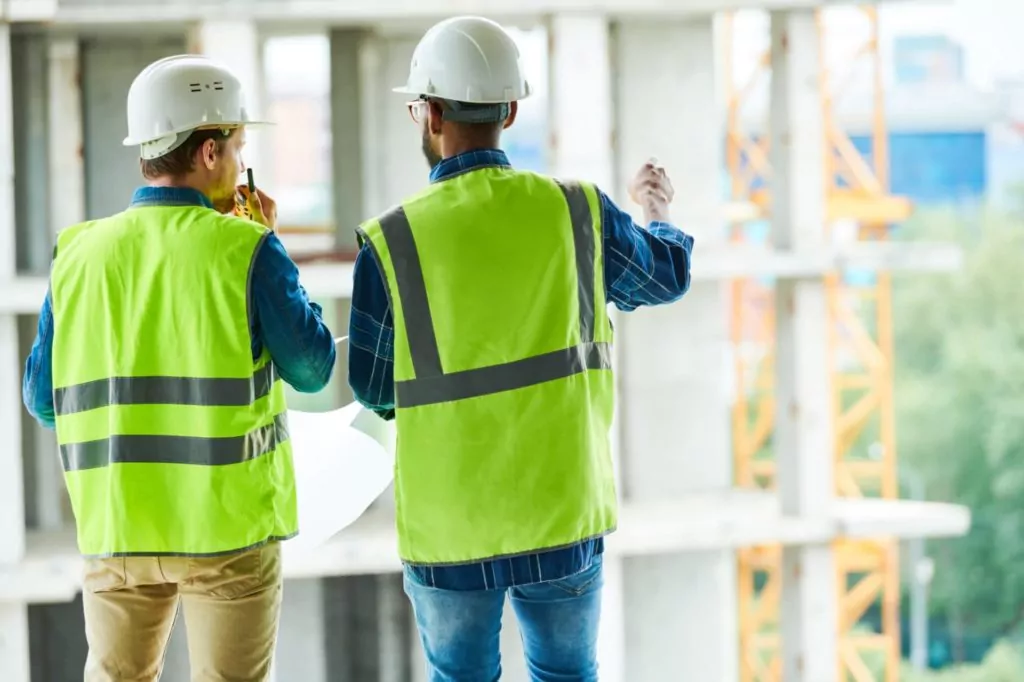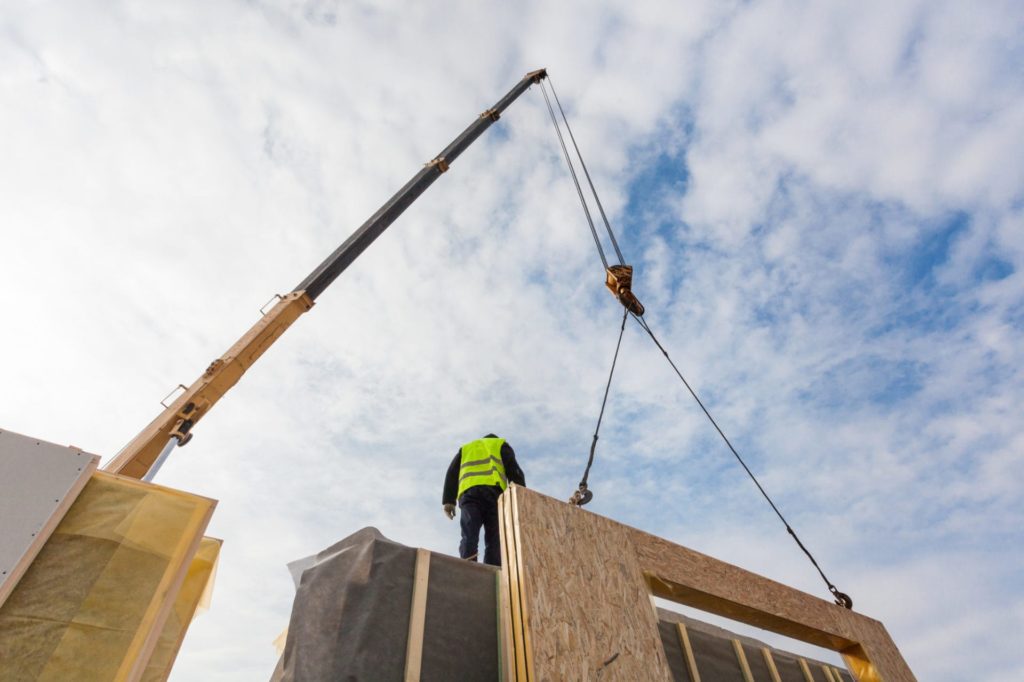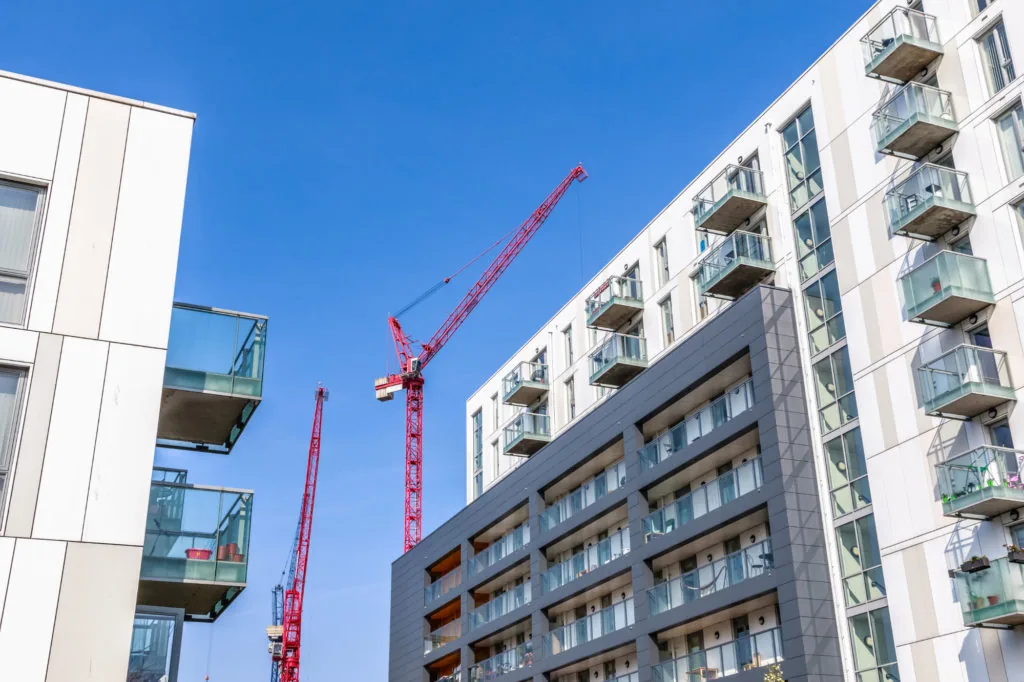
The Building Safety Act and the transition deadline of 6 April 2024

By Lee Ward, Chloe Wood
29 Apr 2024 | 1 minute read
The Building Safety Act (the BSA) introduced significant changes to the building control process in England. The intention of the changes is to improve standards in building control by making changes to how the profession is regulated.
The BSA contains transitional provisions to ensure that project teams can adapt their building control processes to the new regime. The transitional provisions aim to ensure that existing approved inspectors can continue to operate.
Now that the deadline of 6 April 2024 has passed, the transitional period has ended, and it is no longer possible to issue an initial notice to stay within the old regime. In essence this means that projects involving Higher-Risk Buildings (HRB) are now subject to the more rigorous building control regime which includes:
- Applications for building control approval (referred to as Gateway 2)
- The creation and maintenance of the 'Golden Thread of information' which involves keeping a digital record of crucial building information.
- Applications for a completion certificate (referred to as Gateway 3)
To avoid any potential delays to projects, contractors should ensure that sufficient checks are undertaken to ensure that Approved Inspectors on ongoing projects have now registered as a Registered Building Control Approver.
In the event an individual has not registered by 6 April 2024 then they will be unable to work on regulated building control activities and therefore replacement professionals should be appointed at the earliest opportunity.
A Higher-Risk Building is a structure that:
- Has at least two residential units; or
- Are hospitals or care homes; and
- Stands at a minimum height of 18 meters or seven storeys.
From 6 April 2024 onwards, works to Higher Risk Buildings will fall within the new regulatory regime (mentioned above) unless a project continues to benefit from transactional arrangements. A project will only continue to benefit from the transactional arrangements if:
- An initial notice was submitted, or full plans were submitted to the local authority (and were not rejected) before 1 October 2023; and
- The building work is sufficiently progressed (i.e., for new buildings, the permanent placement of piling, pads or foundations) by 6 April 2024.
If the above two conditions are met, those carrying out work would not be subject to the higher-risk regime, they would continue under a local authority or private sector building control.
Contractors should be sure to check who is responsible for the building control regime on their projects.
Originally all building inspectors were required to be registered as a Registered Building Control Approver by 6 April 2024, however, following industry concerns the Health and Safety Executive has extended time for building inspectors to complete their competence assessment until 6 July 2024. This means that if an individual has registered to become a Registered Building Control Approver by 6 April 2024, but they have not completed a competency assessment, they can continue to undertake work past 6 April 2024.
Our Contentious Construction team are well placed to provide advice in relation to the Building Safety Act 2022. For more information please contact Lee Ward or Chloe Wood.
Please also visit the Building Safety section of our website for more information on the BSA 2022.











